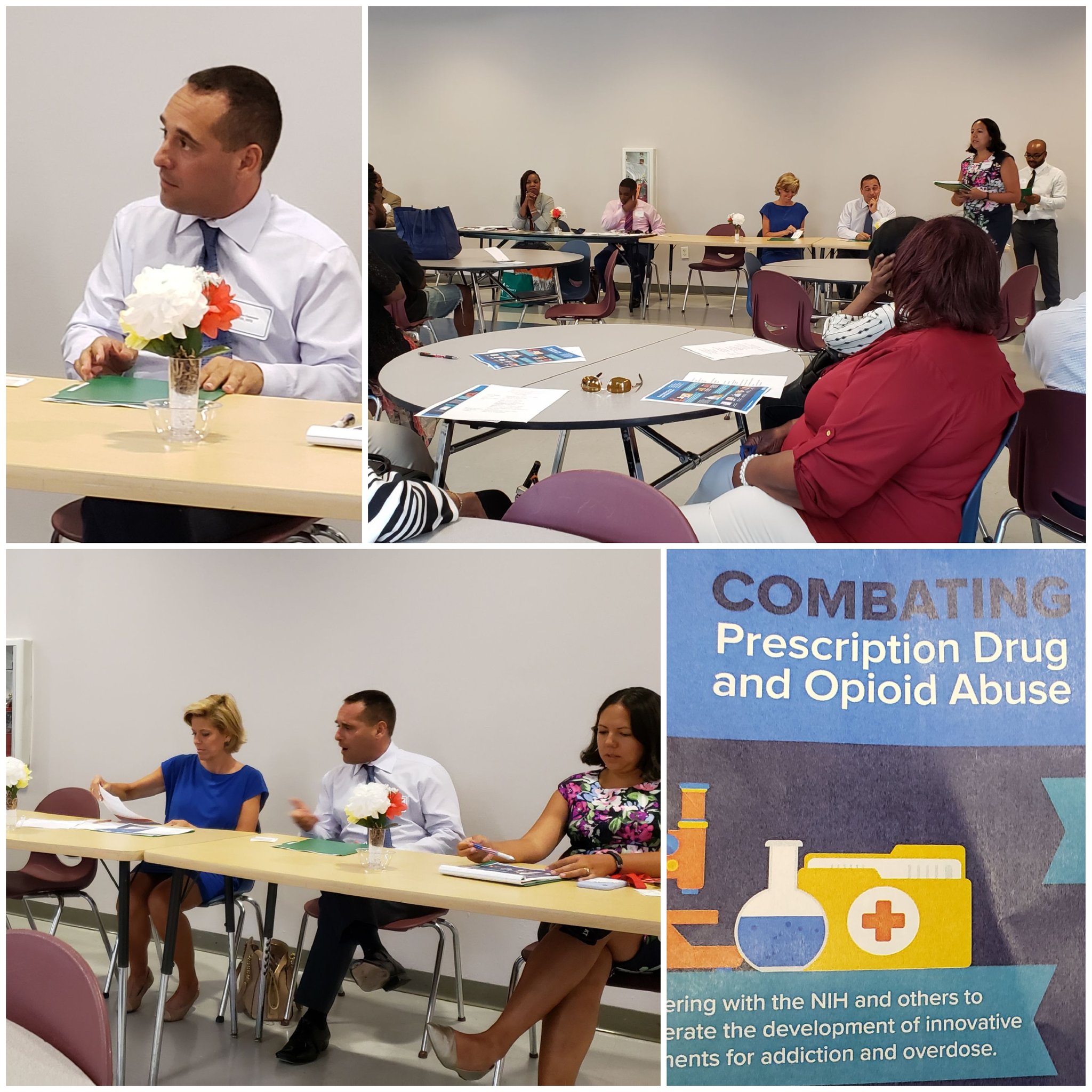Opioid Policies

Much like the rest of the United States, residents of the District of Columbia are struggling with substance use disorder (SUD) rate increases and high rates of opioid-related deaths. Unfortunately, these are multi-faceted issues that require year-long initiatives and systematic programs to address the myriad causes of addiction.
MSDC stands as a partner to the District government and private entities to help arrest the rates of opioid and substance abuse in the District. Through our advocacy for better prescribing practices, education on addiction, and even helping our own community through our Physician Health Program, MSDC is working to make DC a leader in reducing SUD, OUD, and addiction.
On a related note, MSDC is passionate about helping patients make prescriptions and medication more affordable. Whether expanding access to biosimilars or advocating for more affordable co-pays, MSDC wants to help our patients afford the medications they need.
MSDC Statement and Testimony on Opioid and Prescription Issues
25th Council information coming soon
MSDC Concludes Another Successful Council Session
With the conclusion of the 24th DC Council session, MSDC has created a legislative scorecard showing the success of its advocacy agenda these past two years. Similar to the past Council sessions, MSDC saw progress on a wide number of issues.
You can read our scorecard here.
MSDC establishes its advocacy priorities through its Advocacy Committee and Board of Directors. Learn more about how MSDC determines whether a bill receives a "support" or "priority support" ranking here.
The scorecard does not include other advocacy victories outside of legislation that MSDC saw this year. Other areas of success include:
- Being appointed to the Mayor's Task Force on the Healthcare Workforce
- Working with DC Health to establish a temporary medical license process
- Pushing DC Health to negotiate with Maryland and Virginia on regional reciprocity
- Testifying on issues like certificate of need changes and marijuana testing in pregnant patients.
- Testifying at numerous oversight and budget hearings to discuss issues like physician health, support for independent practices, and increased funding from DC government agencies.
The 2023-2024 Council period will be even busier than before, so make your voice heard! Use this link to let us know the issues of interest to you and how you want to get involved.
Sample of Legislation MSDC Tracked on Opioid and Prescription Policy
What does it do? The bill authorizes licensed pahrmacists to dispense interchangeable biological products and requires notifications to physicians when such interchangeables are dispensed.
MSDC position: MSDC has a position of priority support on this legislation, identifying its passage as one of its highest legislative priorities.
Current status: SUCCESS. The bill was passed by the Council and signed by the Mayor.
What does it do? The bill requires prescription opioid medications to include a statement that the drug is an opioid and opioids may cause dependence, addiction, or overdoes.
MSDC position: MSDC supports the legislation.
Current status: The bill had a hearing before the Committee on Health on July 29, 2020. MSDC leader Dr. Sam Kareff testified for the Medical Society. It passed the Council on November 10 and was signed by the Mayor December 7.
What does it do? The bill prohibits insurance companies from factoring the use of PreP in decisions related to disability, life, or long-term care policies.
MSDC position: MSDC supports this legislation
Current status: The bill was introduced on January 8, 2019 and assigned to the Committee on Business and Economic Development.
